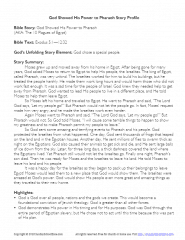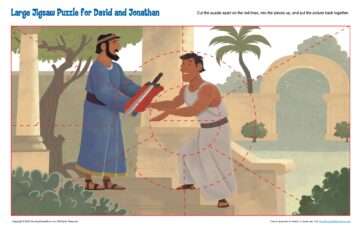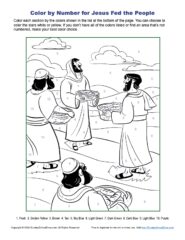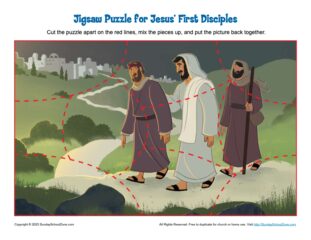God Showed His Power to Pharaoh Story Profile
Story profiles provide a simple overview of the story along with highlights and points of interest. The story summary is written for kids. When possible, we try to provide an approximate date for the event covered in the story. A printable PDF for this profile is available here and all related activities are listed here.
Bible Story: God Showed His Power to Pharaoh (AKA: The 10 Plagues of Egypt)
Bible Text: Exodus 5:1—12:32
God’s Unfolding Story Element: God chose a special people.
Story Summary:
Moses grew up and moved away from his home in Egypt. After being gone for many years, God asked Moses to return to Egypt to help His people, the Israelites. The king of Egypt, called Pharaoh, was very unkind. The Israelites worked for him to build his buildings, but he treated the people harshly. He made them work long hours and would harm those who did not work fast enough. It was a sad time for the people of Israel. God knew they needed help to get away from Pharaoh. God wanted to lead His people to live in a different place, and He told Moses to help them leave Egypt.
So Moses left his home and traveled to Egypt. He went to Pharaoh and said, “The Lord God says, ‘Let my people go!’” But Pharaoh would not let the people go. In fact, Moses’ request made him very angry, and he made the Israelites work even harder.
Again Moses went to Pharaoh and said, “The Lord God says, ‘Let my people go!’” But Pharaoh would not. So God told Moses, “I will cause some terrible things to happen to show my greatness and to make Pharaoh permit my people to leave.”
So God sent some amazing and terrifying events to Pharaoh and his people. God protected the Israelites from what happened. One day, God sent thousands of frogs that leaped on the land and in the Egyptian houses. Another day, He sent millions of flies to swarm thick as night on the Egyptians. God also caused their animals to get sick and die, and He sent large balls of ice down from the sky. Later, for three long days, a thick darkness covered the land where the Egyptians lived. Yet Pharaoh still would not let the Israelites go. Finally one night, Pharaoh’s son died. Then he was ready for Moses and the Israelites to leave his land. He told Moses to leave his land and his people.
It was a happy day for the Israelites as they began to pack up their belongings to leave Egypt! Moses would lead them to a new place that God would show them. The Israelites were amazed at God’s power. God would show His people even more great and amazing things as they traveled to their new home.
Highlights:
- God is God over all people, nations and the gods we create. This would become a foundational conviction of Jewish theology. God is greater than all other forces.
- God demonstrates His power in His timing and for His purposes. God was God through the entire period of Egyptian slavery, but He chose not to act until this time because this was part of His plan.
- God’s plan and purposes include the long-term welfare and benefit of His people because He loves them. He may not act as we desire, but ultimately He wants the best for us.
Point(s) of Interest:
- The final catastrophe God brought on Egypt was when God passed “through the land of Egypt” (Ex. 11:12) and “struck every firstborn male in the land of Egypt” (Ex. 12:29). Israelites were instructed to mark the door of their homes with the blood of a lamb. God said, “the blood on the houses where you are staying will be a distinguishing mark for you: when I see the blood, I will pass over you. No plague will be among you to destroy you when I strike the land of Egypt” (Ex. 12:13). From that time on, the Jews would celebrate God’s deliverance by observing the “Passover.” Many Jews still observe this tradition today.
- The Passover celebration commemorating the people’s deliverance from Egypt was to mark the New Year for Israel. According to Exodus 12:2, “This month is to be the beginning of months for you; it is the first month of your year.” Whenever we observe our New Year, we can remember this story and celebrate God’s deliverance in our own lives through the shedding of the blood of His Son, the ultimate Lamb.
Approximate Date:
The Exodus probably occurred around 1446 B.C*. According to Exodus 7:7, Moses was 80 when he first confronted Pharaoh, which means he was 80 or possibly 81 at the time of the Exodus.
Notes:
*See Walter C. Kaiser, Jr., EBC, p. 291. Compare with Bright, p. 123. We’ve chosen to go with an earlier date for the Exodus.
- Related Activity Links:
- Divine Power ,
- Moses ,
- Grade School (Readers), Preschool (Non-readers) ,
- God Showed His Power to Pharaoh




